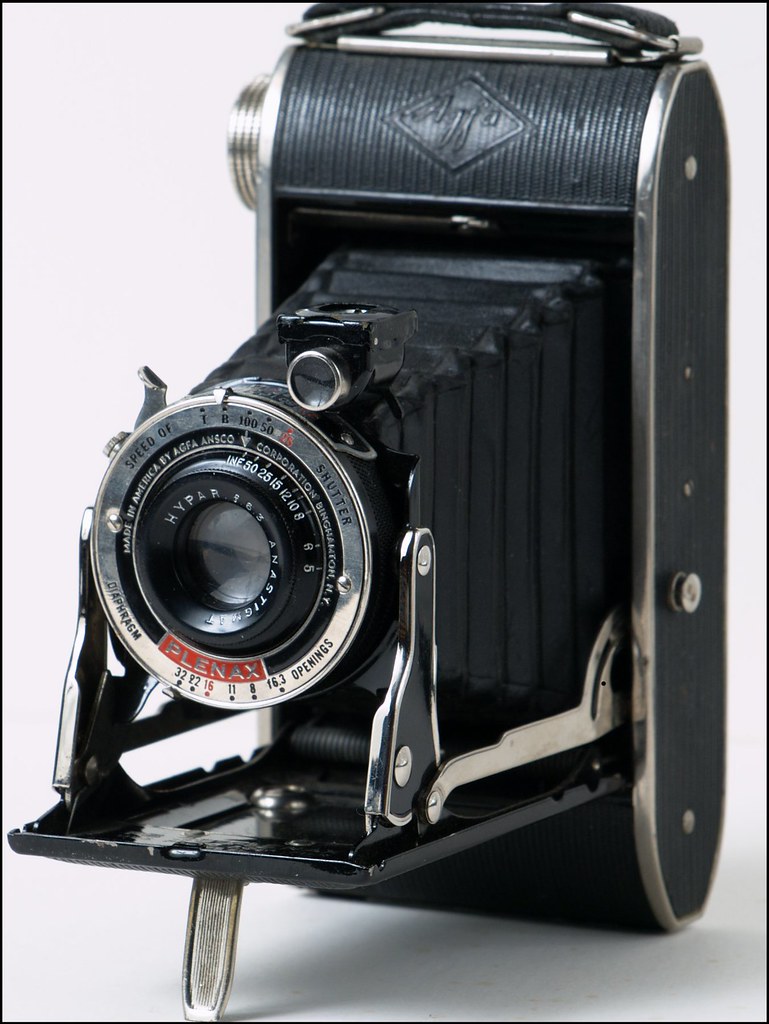

#USING EXIFTOOL FULL#
Turn off the GPS Geotag feature when you take picture using your smartphone.Ĥ. If exiftool is not on the PATH, you can specify the full pathname to it by using ExifTool(executableThe disadvantage using the latest technology such as GPS in your camera is the malicious user or people can read your image metadata information and track your location based on your GPS location position.ģ. The advantage using the latest technology such as GPS in your camera is to track the place you've already go and you don't need to remind "where was this photo taken from?"Ģ. After check the GPS positions location on Google map, here is the result.ġ. I don’t know why Quicktime can’t do that Apple The following will report what the current rotation is set at in degrees: exiftool -rotation FileName. On this picture we can see the GPS information or the location from the photos.Ĥ. Thankfully Phil Harvey has created ExifTool that allows editing of the metadata to rotate a video with no loss of video quality since it doesn’t need to be re-encoded. Now we try to find out another picture with more detailed information. In Windows, this triggers use of wide-character i/o. Use echo exiftool to see what command is actually being called when testing. TYPE may be FileName to specify the encoding of file names on the command line (ie. If we see the metadata information results on step 2 was not clear enough. CLI Tool to read and write image metadata for many kinds of images. If we see the image, there is some nice information such as "Apple computer", probably they use Apple products (iPad, iPhone, Mac, etc).ģ. For the next step we can try to provide some JPG to test this ExifTool. This is the preview when we run ExifTool.Ģ. I try the following this tips and trick on Kali Linux. ExifTool ( ) Step by step Information Gathering From Photos Using ExifTool:ġ.
#USING EXIFTOOL PLUS#
In this tips and trick we will use the tool that already included on Backtrack or Kali Linux called ExifTool.ĮxifTool is a platform-independent Perl library plus a command-line application for reading, writing and editing meta information in a wide variety of filesĢ. Reconnaissance is the military term for exploring beyond the area occupied by friendly forces to gain vital information about enemy forces or features of the environment for later analysis and/or dissemination. What is Reconnaissance? According to Wikipedia: Information gathering is one of Reconnaissance process from 5 hacking phase. Many camera brand now put and bundled a lot of latest technology such as GPS into the camera to make the people who use it more sociable and they can share it as soon as they captured the moment.
#USING EXIFTOOL FREE#
We can see Instagram, Pinterest, and many other service that give free service to upload your photos and share with others. While this will work against just about any filetype, we'll take a look at specifically focusing on. The only ideas I've found so far is perhaps using Shell to run this? But that's pretty vague.Many people nowadays more sensitive with the new technology especially when it was related with picture. ExifTool is a great, free program that allows you to view any and all metadata from your files. But I have no idea where to start and there doesn't seem to be much info online regarding this issue. To run exiftool on Linux, open a terminal and navigate to the directory where the exiftool file is located. But doing this constantly has become very tedious and I've been wondering for some time now if I could simply run the Exiftool from Access itself and then import the list using VB into a table for comparison.

These metadata's are imported in Access for me to compare the data and see if there are any variances that are unusual or sign of errors. And before it is ready to be completed it is run again. When the file(s) have undergone editing again the tool is run.

For example, when the file is made the ExifTool is run. Now I've been using Access in recent weeks to import this data into tables and compare them at various stages of capture and creation. So this example will give me the EXIF data of all TIF's found in the folder location and export it to the destination as a CSV. I use the command prompt to run me the list and export it as a txt or csv.Įxiftool -G4 -ext TIF -r -csv C:\Users\jamesg\Desktop\TIF > C:\Users\jamesg\Desktop\TIF\allmetadata-V01.csv I could possibly combine them with time/effort, but no promises as Im.

I'm running a technical metadata (TIFF Tags) check of files using ExifTool. I dont have one script that does all three. I've done some digging on the forum already to find anything related to my issue but to no avail.


 0 kommentar(er)
0 kommentar(er)
